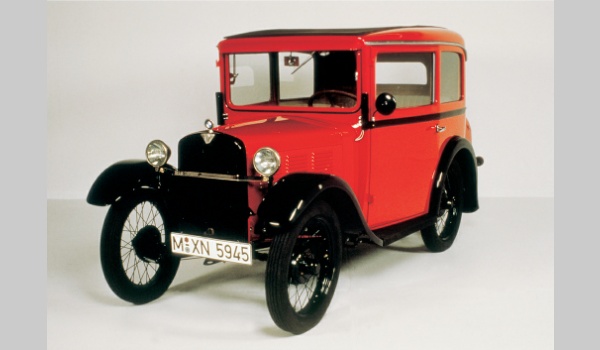Tons of new features have been introduced since the production of the first motor cars for public use. We have added seat belts, improved the engine and chassis, added nifty electronics, and now we are adding artificial intelligence, but motor cars – and indeed all road vehicles – are still fancy boxes on wheels.
Build a chassis resting on four or more wheels, add an engine, a complicated network of gears, and a steering column, put in some seats, and your motor car is ready. Change the chassis and engine, and you can have a truck or a van. That is exactly how cars have been since the first production automobile arrived over a hundred years ago.

Decades ago, science and technology magazines played with the idea of flying cars – and they all still were designed around this basic structure. Today, we have prototype flying cars being built and demonstrated in centres across the globe. For all their advanced capabilities, these cars of the future still follow that basic configuration.
Will motor cars ever be weaned away from the concept of a chassis on wheels? Assuredly. The same way smartphones were weaned away from physical keypads, one day, a revolution will occur in the automobile industry and wheels will be done away with.
To be sure, the idea has been around for a while. Think of hovercraft, for example. These are vehicles that lift from the ground and skim over a cushion of air. But this concept has been largely applied to water vessels – and they still are not commonplace. In the future, we will have motor cars that levitate and move around without the need for wheels at all. And perhaps, eventually, we will have cars that fly.
It will be great to finally be rid of tyres. Tyres are doing a great job so far, but they are arguably the weakest link in the modern automobile. No matter how the big tyres are, at every point in time, they provide four small touchpoints that connect the vehicle with the road. All motor car motion, steering and a huge amount of passenger safety is dependent on how well these four small spots do the job.
Plus, that spinning motion in vehicle engines, gears, axles, and tyres is a huge power burner. While these have got more efficient over the years, it is still a very inefficient system in the grand scale of things. In electric vehicles, we are already seeing gears being done away with. Electric motors are just more efficient than internal combustion engines.
The biggest inefficiencies in current moto cars are found in the moving parts. To produce more efficient vehicles, as many of those must be eliminated. The motor car will have to lose its wheels for good. And when it does, for the first time, the form factor of the modern world’s most popular means of transportation will change. Whether we will have flying cars or not is a topic for discussion, but at the very least, cars will hover and not roll.
- Don’t miss our reviews.
- Follow our news on Google News.
- Join our WhatsApp Group, to be notified of the most important articles and deals,
- Follow us on Instagram, Facebook, Twitter, and YouTube.